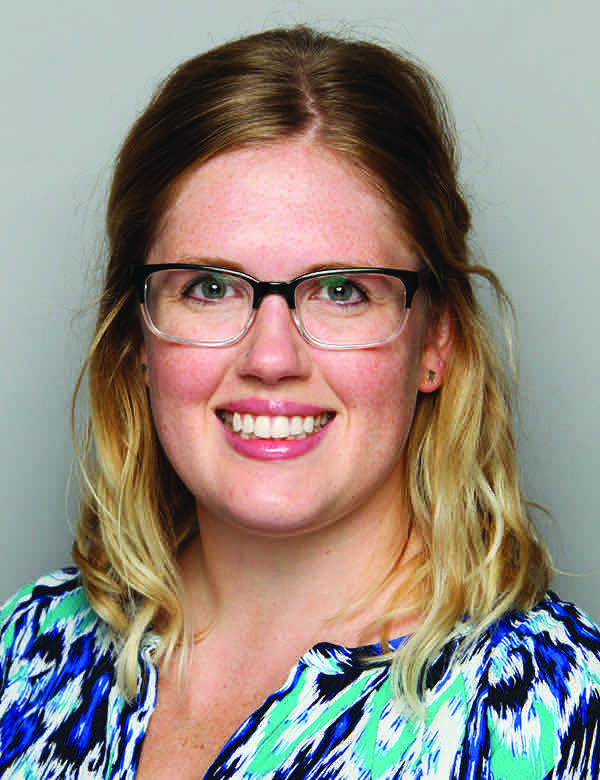Education and a unique worldview prepares graduate for a career in public health

As both an educator and a graduate of the Master of Public Health Distance (MPH) program with a specialty in health promotion, Sharon Munn (MPH ’20) is well positioned to transition from teaching to a career in public health.
Living and working abroad in Thailand, Ghana and the United Arab Emirates sparked Munn’s interest in public health. “Integrating myself into new countries and cultures gave me a unique worldview and insight into global health systems and health outcomes,” she explained.
Munn began the MPH distance program while living in Dubai, United Arab Emirates. “I had the challenge that is faced by many women—trying to find the balance between being a new mother, a high school science educator and working part-time on my MPH courses. Constant conflicting societal expectations and the internal desire to excel at everything was hard for me.”
Munn credits the flexibility of the program’s part-time programming and distance learning that allowed her to complete her degree on her own schedule while balancing her career and family.
Online learning can be isolating, though. Munn suggests making a connection with someone in your program early on. “It’s great to have someone to chat to, collaborate with, swap feedback on papers etc., especially in a virtual environment.”
The Fall 2016 distance MPH online community also challenged Munn to see and think about things from different perspectives due to the cohort’s diverse academic and career backgrounds.
As an experiential learning program, a practicum is integral to the MPH program. Munn says that not only is it an opportunity to apply new knowledge and gain work experience, but also to collaborate and network with public health professionals. Munn’s placement involved planning, implementing and evaluating an oral health promotion program for elementary-aged students. She is grateful for the experience, but wishes she had been able to spend more time networking with colleagues--a consequence of the COVID-19 pandemic.
“I believe that relationships drive public health solutions. There is a need for authentic partnerships between the beneficiaries of public health programs, health professionals, and decision-makers who hold the power to drive change. People who develop relationships, teach advocacy strategies, mediate conflict, and build trust are so important.”
With her degree completed, Munn is now looking to transition from a career in education into public health combining her knowledge and experience in both areas, to make a difference in her community of Hamilton, Ontario.
“Hamilton is a populous and diverse city where many populations face inequities in the social determinants of health. I am interested in working on health promotion programs that support refugee communities, or school-aged children.”
“I think when most people think about health, it's viewed as the absence of illness and maintaining health is an individual responsibility,” she explained. “It’s important for people to recognize the multiple intersecting factors that affect health, outside of individual control.”
“Perhaps, if this were more widely understood, people would have more empathy and desire to support healthy public policies.”